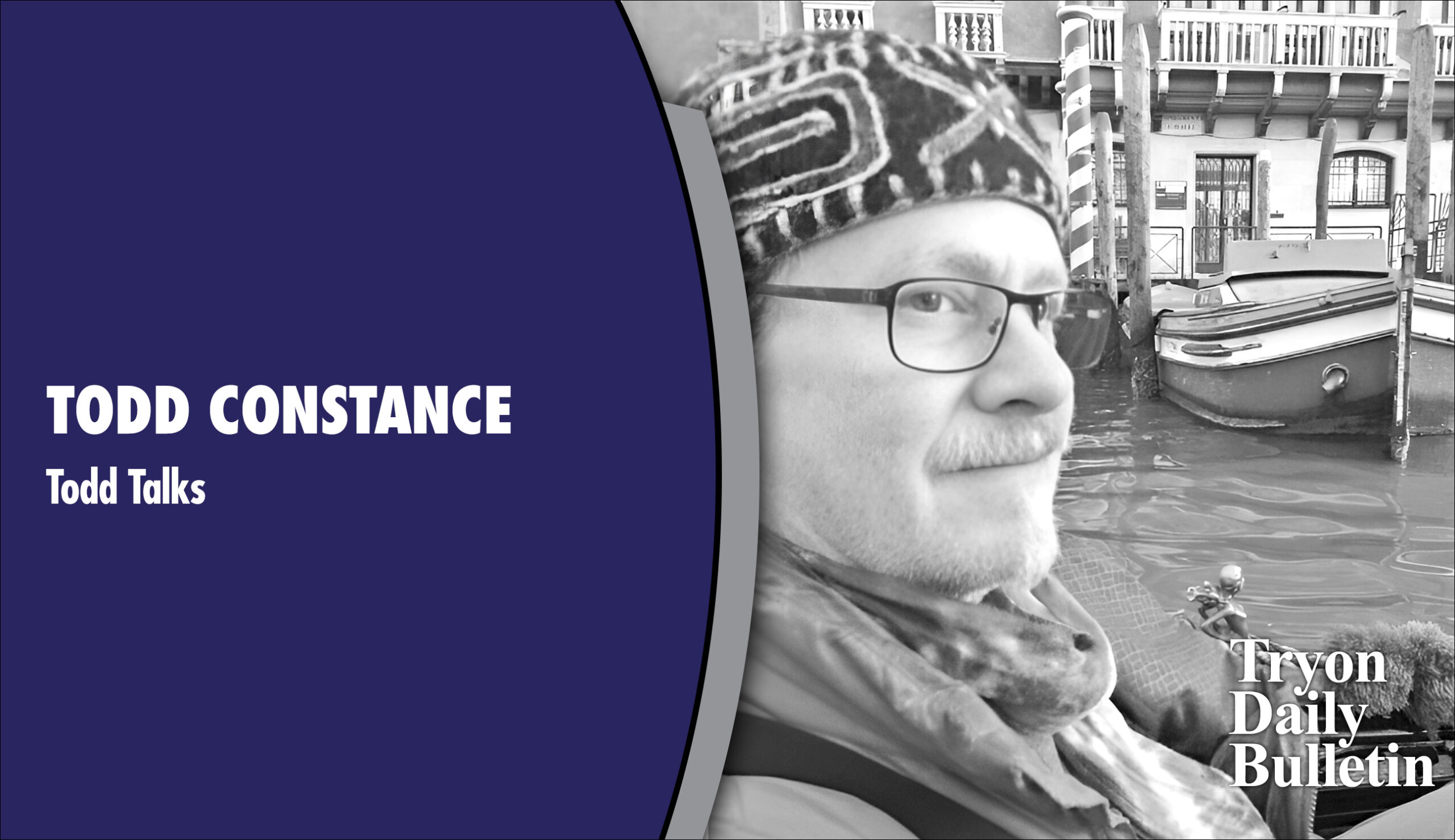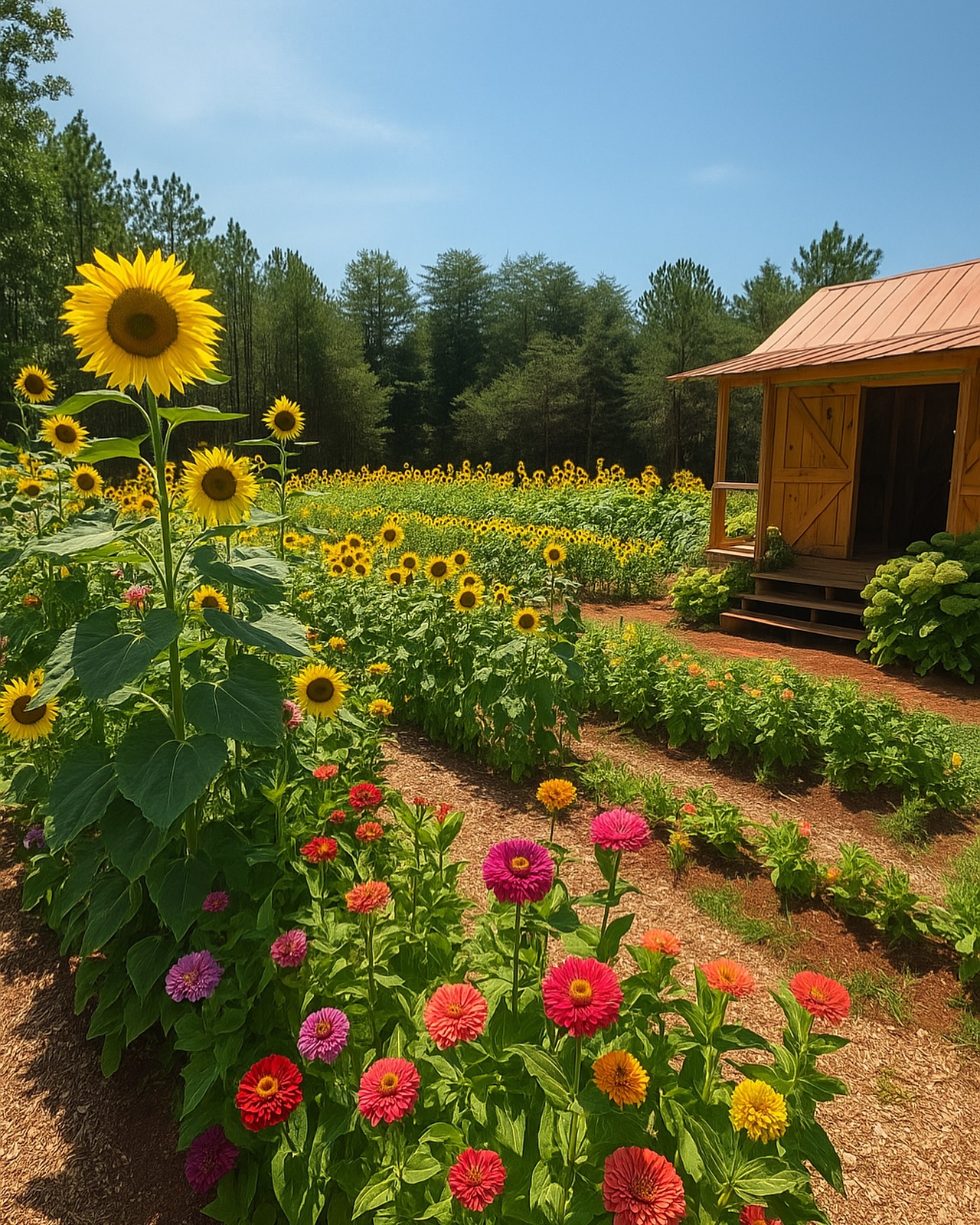Gov. Cooper raises concerns over private school voucher program’s impact on recovery efforts
Published 1:27 pm Thursday, November 14, 2024
|
Getting your Trinity Audio player ready...
|
POLK COUNTY—As the North Carolina state legislature prepares to reconvene on November 19, Governor Roy Cooper spoke with the Tryon Daily Bulletin on Wednesday to voice concerns regarding the proposed private school voucher program.
With a projected state budget shortfall looming, Cooper says the state should prioritize recovery efforts from Tropical Storm Helene over expanding taxpayer-funded private school vouchers.
Cooper told the Bulletin that Polk County will lose approximately $88,000 in public education funding in the first year if the voucher plan is approved. He says that such a program’s benefits would disproportionately favor wealthier families, potentially exacerbating existing inequalities in educational opportunities.
Trending
“This plan is a bad idea in itself, especially when we are focused on recovery from Helene,” Cooper stated.
He highlighted the staggering financial needs faced by Western North Carolina, where damages from the storm are estimated to reach $53 billion, three times the cost of Hurricane Florence’s recovery.
“Instead of voting to allocate $463 million for private school vouchers that primarily benefit the wealthy, we need to come together to tackle the urgent needs of our communities,” Cooper said.
The governor called on legislators to reconsider the voucher program’s implications and delay any decisions until next year. In the interim, he proposed immediate funding for small businesses and infrastructure repairs in the region.
Cooper acknowledged the extensive road ahead regarding recovery efforts after the storm.
“We need a bipartisan effort to secure federal assistance, not just for the present but for the next couple of years,” he said. “We know we have changing administrations at the state and federal levels. Next week, we’ll ask President Biden and Congress for federal assistance. We will also ask President-Elect Trump and his administration because this will continue for years. I think it is really important we all come together in a bipartisan way.
Trending
“I am working with Governor-Elect Stein, who is committed to helping Western North Carolina recover. I think it is important for our state legislature to step up and do more next week. I don’t think we can wait for the federal government.
“We know they are not going to give small businesses grants, and many small businesses are deciding what to do and whether they want to reopen in Western North Carolina. I believe direct grants to small businesses, like we did during the pandemic, will be important to revitalizing Western North Carolina.”
Cooper urged the legislature to accept his veto of the school voucher bill and outlined a comprehensive plan to allocate $3.9 billion for the region’s recovery in vital sectors such as housing, transportation, local government, roads and bridges, public schools, and tourism.
“The budget forecast for the coming years indicates little revenue growth and a potential funding shortfall. We must prioritize storm relief and recovery efforts now,” Cooper added, cautioning that the financial implications of tax cuts passed by Republican leadership could further strain the state’s budget.
The North Carolina Office of State Budget and Management has forecasted little to no revenue growth, leading to a potential budget shortfall in the 2025-27 biennium. They predict that maintaining current services, including public school funding, will surpass revenue in upcoming years, suggesting difficult choices for lawmakers.
“There are so many issues right now that need to be addressed, and we are facing monumental expenses,” said Cooper. “We need the state legislators to step up because we don’t know how much the federal government will do. Legislators must choose Western North Carolina’s recovery, especially in light of the budget projections over the next couple of years.”
As discussions continue at the legislature, it’s clear that the stakes are high for rural communities like Polk County. The necessity for immediate and focused action on recovery efforts is central to Cooper’s message as he seeks to rally support for the future of Western North Carolina.






